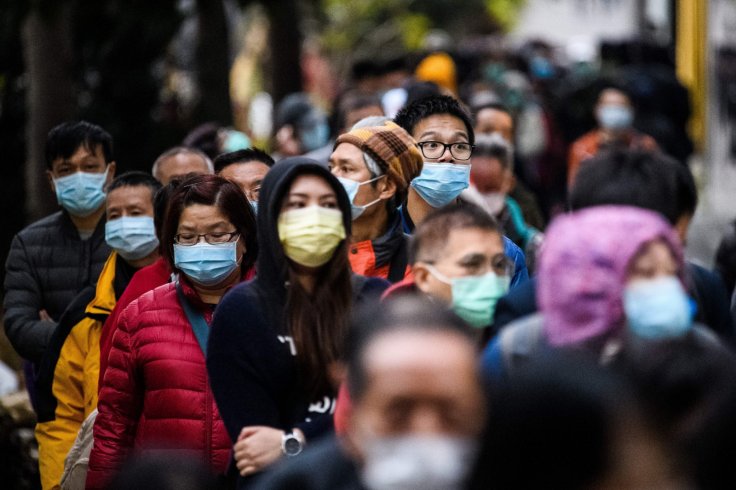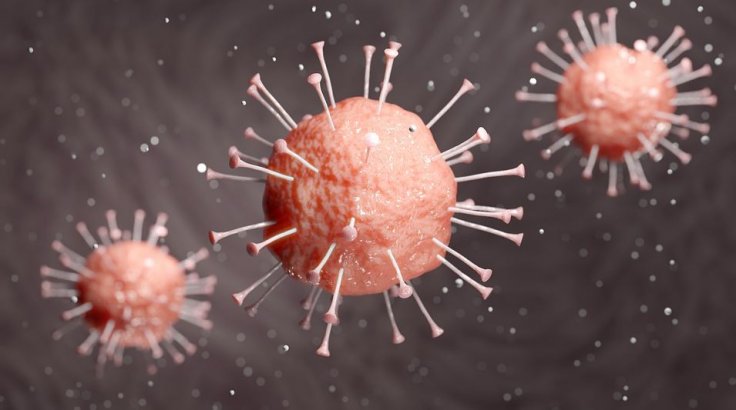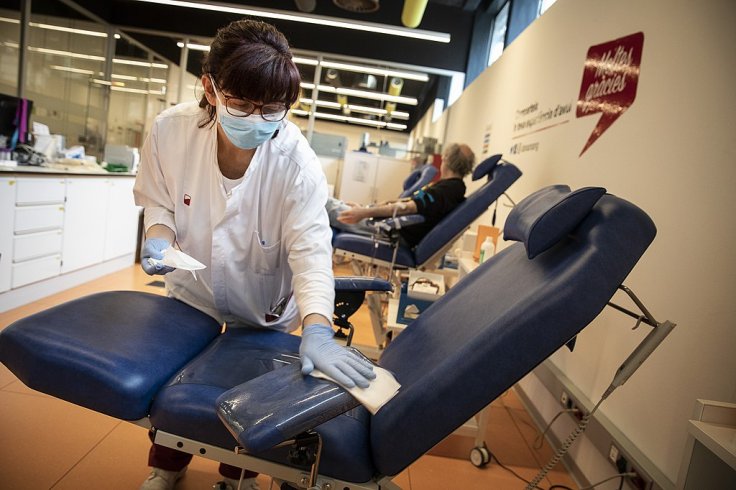While many experts, even a Trump administration pandemic adviser, neuroradiologist Scott Atlas, who doesn't have any specialization in infectious disease, have supported the herd immunity strategy, though many researchers warned against it. Even the head of the World Health Organization (WHO) has warned against suggestions by some to allow COVID-19 to spread in the hope of achieving so-called herd immunity, saying it is "unethical".
So, if some experts believe that to beat COVID-19—which has killed over 1,200,00 people and affected 51 million individuals—herd immunity is the best option, then many researchers and scientists think that it is an extremely dangerous idea.
Herd Immunity

The phrase, herd immunity, first appeared in the work of the US livestock veterinarians concerned about "contagious abortion"—epidemics of spontaneous miscarriage—in sheep and cattle. Kansas veterinarian George Potter in 1918 wrote that "abortion disease may be likened to a fire, which, if new fuel is not constantly added, soon dies down. Herd immunity is developed, therefore, by retaining the immune cows, raising the calves, and avoiding the introduction of foreign cattle."
In the recent scenario, as a virus need a host to replicate, Columbia University virologist Angela Rasmussen, said that "herd immunity is when enough people in a population are immune to a given virus that the virus cannot spread any more within that population" as it cannot find a susceptible host. But when UK pandemic adviser Graham Medley said that "we are going to have to generate what we call herd immunity", which would require "a nice big epidemic", the idea received severe criticism.
There are a few ways to achieve herd immunity with infectious diseases and one of those ways is through widespread vaccination in a community. But at this moment the world does not have a Coronavirus vaccine ready to achieve this goal.
Another way to achieve herd immunity, depending on the diseases, is if enough people from a community get the illness and generate antibodies that prevent infection in the future, even temporary. But this isn't a guarantee with every infectious disease, said Tara Smith, professor of epidemiology at the Kent State University College of Public Health. In terms of SARS-CoV-2 and antibody, there is not much to learn.
Is The Concept of Herd Immunity Really Dangerous?
America's one of the top immunologists Dr. Anthony Fauci cautioned that the US which has a maximum number of Coronavirus cases and deaths in the world cannot wait to reach herd immunity to the SARS-CoV-2 as it would cause "so much suffering and death".
The US top infectious disease expert explained that, to naturally reach herd immunity, it would cause "so much suffering and death in the country, it would be unacceptable". Fauci also added that the US has 10 percent or a little bit more of the population that has already been infected by SARS-CoV-2, and there are over 229,000 deaths. "If you want to get to a 75 percent protection, just multiply that and you see how many deaths you have to have to have herd immunity through natural infection," he said.
Jay Bhattacharya, professor of medicine at Stanford University and research associate at the National Bureau of Economic Research said that people should practice social distancing measures when they can, the use of the mask is also important if they can't social distance, and continue to frequent hand washing. "I don't want to create infections intentionally. But I want us to allow people to go back to their lives as best they can with the understanding of the risks they're taking when they do it," he added.

However, "reaching herd immunity also requires people who are out working and interacting socially to become infected," said Smith. But according to Emma Hodcroft, a molecular epidemiologist at the University of Basel in Switzerland, it is highly unlikely that everyone in the non-vulnerable group would be keen to get infected. If people stay at home and continue wearing masks, "it could take a long time to reach herd immunity," or we might never reach it, she told Self.
Nahid Bhadelia, a physician at Boston University School of Medicine said the idea of novel Coronavirus herd immunity plays on "pandemic fatigue" and it is making people feel like "they can let their guard down". But as per Smith, if a considerable amount of people return to pre-pandemic levels of activity, it will cause additional COVID-19 related deaths, and also make the hospitals flooded with an unprecedented number of patients.
As per the experts, the world doesn't have much information and with accumulated data so far, which is not solid, letting the infection run purposefully in society is not a good option. Even if achieving herd immunity becomes possible with natural infection, it would come at a devastatingly high mortality cost, they said.
Any Other Option?

Deepti Gurdasani, an epidemiologist at Queen Mary University in London, recommends that to control the COVID-19 the requirement list includes additional public health investment in testing and contact tracing. She also suggested that the government needs to create "financial packages that give the public security to be able to comply with regulations"—including those who are in quarantine and isolation. But such support is not available in the US, which has been facing the biggest health crisis of the century.
Apart from the top infectious disease experts in the US, many other researchers have recommended mask-wearing, as well as social distancing to control the spread. As per Hodcroft, "once cases are low, mild interventions like masks and social distancing, paired with a real investment in testing and tracing and quick reaction to any outbreaks, could keep cases low without needing extreme steps".









